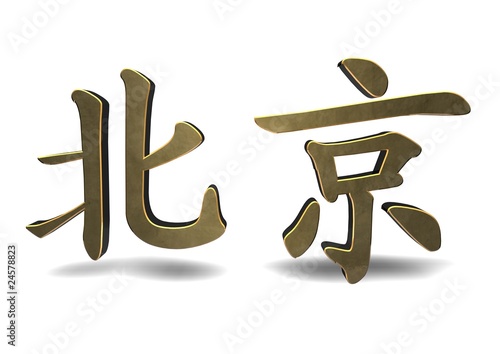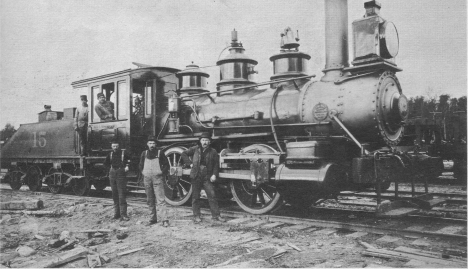Prologue, Part V
February 16th, 1827
Québec City, Protectorate of the Empire of the French in Quebec
The Battle of Trois-Rivières devastated the Protectorate's cause. The Coalition powers dropped their support and made tentative agreements with Napoleon II. The Governor-General had essentially ceased offensive operations and had slowly begun bringing his soldiers back to the capital. Most of them made it, but one detachment was ambushed by a militia unit and routed. This impressive victory was quickly recognized by Napoleon II, and the unit was called to participate in the Siege of Québec City.
It was a cold and snowy day. The militia column had been seen approaching, and Napoleon II had an officer's commission for the person in command. The unit appeared, with everyone wrapped in warm clothing. There wasn't really much of a uniform, and although the men appeared to know how to handle a weapon. The man in the lead was small and thin, and was the most heavily wrapped one of them all.
"Hello friends, I assume this man is the one in charge?"
"My Emperor, you assume incorrectly." said a man in the back.
"Really, then who is in command?"
The one in the lead looked up and said "I am."
Napoleon II looked at the one in the lead confusedly, but he still offered the commission to the militia commander. "You have done your country and Emperor very proud, and I am honored to offer you a commission in the New Grand Army, Sir...."
"Not Sir, my Emperor, Miss." The commander removed the hood and scarf obstructing the face, and it was indeed true. The militia commander was in fact, a young woman.
Napoleon II and his retinue jumped back in shock. One of the older men in the unit explained that she was the daughter of an officer in the original Grand Army. Her parents had gone to Quebec to follow their Emperor. She was young, but she had constantly supported the House of Napoleon. After the Battle of Trois-Rivières, she had finally managed to inspire her town to take arms for the Restorationist cause. She had been the one that lead them to victory against the Protectorate-Guard, and she had given them minor training.
One of the retinue members moved in to take the officer's commission from Napoleon II, but he further stunned them when he refused. He offered the commission to the young woman, who accepted it.
"Congratulations, Colonel..."
"Fortier. My family name is Fortier."
"Congratulations, Colonel Fortier. I do hope you and your officers will join us for supper?"
"Of course, my Emperor, but we are more interested in knowing when we can restore you to your proper throne."
Napoleon II stared at her. She was obviously very dedicated to the Restorationist cause. And rather beautiful. "Soon, Colonel, soon."
The battle was won, and Napoleon II took his rightful title as Emperor of the French in Quebec.











